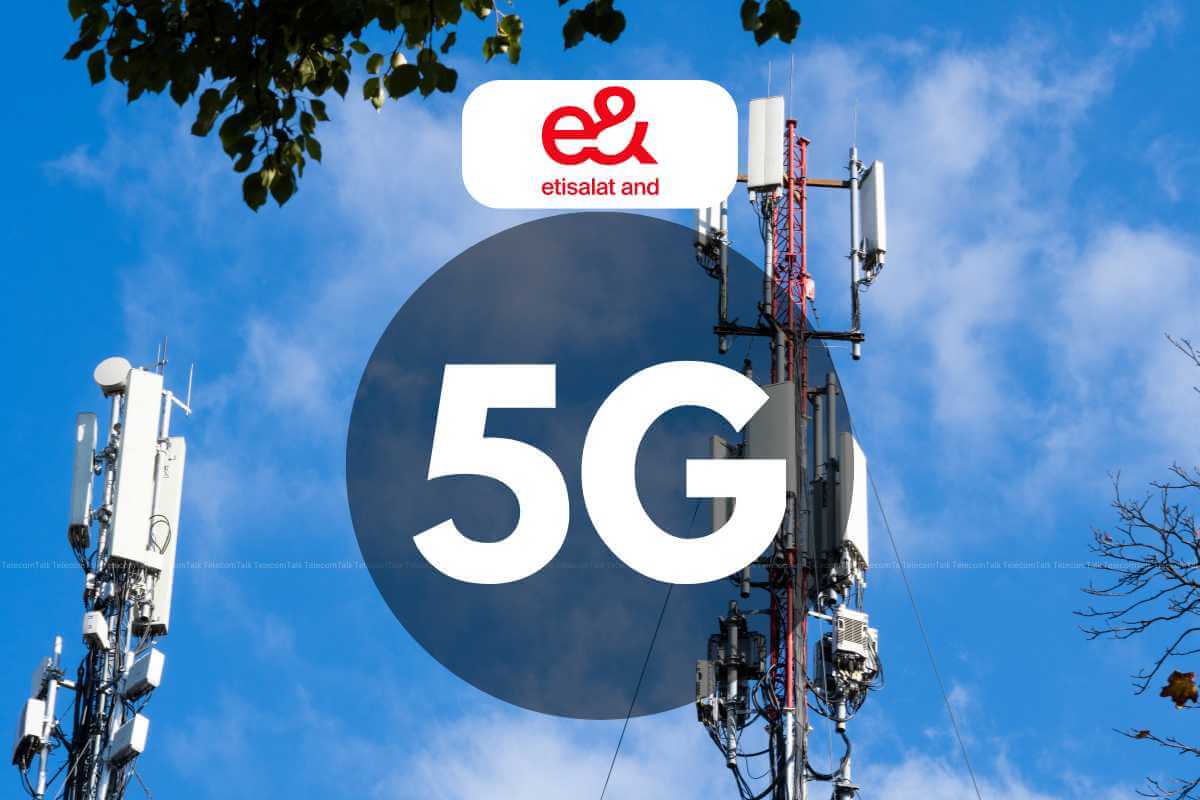In Short:
Mobile phone bills for users in Mumbai are expected to increase by about 25% after the general election, as telecom companies plan to raise tariffs. The increase in average revenue per user (ARPU) is expected to benefit operators, with Bharti Airtel and Jio estimated to see growth in ARPU. The increase in rates is expected to be manageable for both urban and rural users, with operators focusing on monetizing investments in 5G.
Telecom Companies to Increase Prices Post General Elections
In Mumbai, mobile phone users are likely to face a 25% increase in their bills after the general election as telecom companies gear up for the fourth round of tariff hikes. This move is expected to boost their average revenue per user (ARPU).
Revenue Increase
A report by brokerage Axis Capital predicts a significant hike of around 25% in the near term by operators. This increase is driven by a stable competitive environment, the need to improve profitability post heavy 5G investment, and ongoing government support.
The expected increase in headline rates will lead to a 16% growth in ARPU for telecom operators, estimated at Rs 29 for Bharti Airtel and Rs 26 for Jio by Axis Capital.
Jio reported an ARPU of Rs 181.7 for the quarter ending March, while Bharti Airtel and Vodafone Idea (Vi) recorded ARPU figures of Rs 208 and Rs 145 respectively for the October-December 2023 period.
Impact on Users
Operators are expected to monetize their 5G capex investments through tariff corrections in bundled packs. Deloitte’s TMT industry leader, Peeyush Vaish, anticipates a 10-15% increase in ARPUs by the end of the year, amounting to around Rs 100 per subscriber.
Vaish also noted that consumers are likely to stick with their services as long as they experience high-speed connectivity.
Beneficiaries and Analysis
Analysts foresee Bharti Airtel and Jio as the primary beneficiaries of the wireless pack price increase. According to a report by Kotak Institutional Equities, these two telcos have significantly increased their ARPU over the past few years. Bharti Airtel has been able to achieve this through its successful bundling of attractive 4G data plans and digital content offerings. Additionally, airtel 1gb daily data plans have been popular among consumers, further boosting the company’s ARPU. Jio, on the other hand, has also seen an increase in its ARPU due to its affordable 4G data plans and extensive network coverage. Overall, these two telecom companies are expected to continue to thrive in the market with the recent wireless pack price increase.
While Vi saw a 33% increase in ARPU during the same period, its overall wireless revenue declined by 7%. Analysts believe Vi’s revenue growth may still be limited compared to its competitors despite efforts to strengthen its network and upgrade subscribers.
Vi’s Strategy
Vi’s CEO, Akshaya Moondra, revealed plans to focus on upgrading 2G subscribers to 4G to improve ARPU. The company aims to shift these subscribers from low-value packs to unlimited data plans, resulting in a substantial increase in ARPU.





